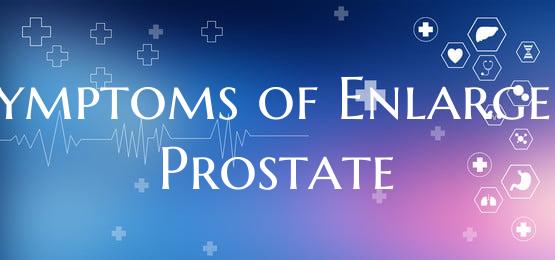
Symptoms of Enlarged Prostate
An enlarged prostate, also known as benign prostatic hyperplasia (BPH), is a common condition that affects men as they age. The prostate gland, which is located below the bladder and surrounds the urethra, can become enlarged and cause various symptoms. It is important to be aware of these symptoms so that appropriate treatment can be sought.
One of the most common symptoms of an enlarged prostate is difficulty urinating. This can manifest as a weak urine stream, straining to start urination, or feeling like the bladder is not completely empty after urinating. Frequent urination, especially at night (nocturia), is another common symptom. Men with an enlarged prostate may also experience a sudden and urgent need to urinate.
Other symptoms of an enlarged prostate can include urinary retention, where the bladder does not empty completely, leading to a feeling of incomplete voiding. This can increase the risk of urinary tract infections. In some cases, blood in the urine (hematuria) or discomfort in the pelvic area may also be present.
It is essential to consult a healthcare provider if you experience any of these symptoms to receive a proper diagnosis and appropriate treatment. Treatment options for an enlarged prostate may include medications, minimally invasive procedures, or surgery, depending on the severity of the symptoms and the individual's overall health.
While an enlarged prostate is a common condition, it can significantly impact a man's quality of life if left untreated. Regular check-ups with a healthcare provider and discussing any changes in urinary habits can help in early detection and management of prostate-related issues. Remember, early intervention can lead to better outcomes and improved quality of life.